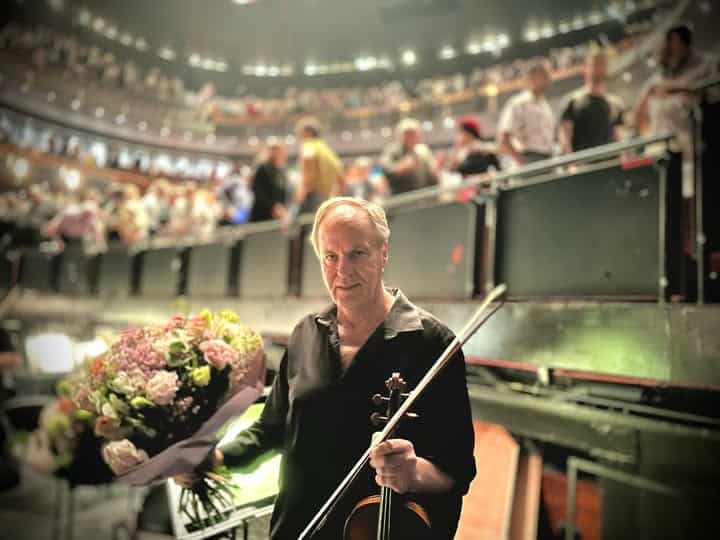How Dudamel handles mistakes in audition
OrchestrasLA Phil violist Mick Wetzel has collected a range of insights that he’s gathered from sitting with Gustavo Dudamel in auditions for new players. His thoughts are published on Laurie Niles’s site violinist.com and are worth reading – not least because this is a musioc director who is really committed and present in auditions.
The over-booked next generation hardly bother to attend.
Here’s one tip:
First of all, don’t make a completely mistake-free performance your number-one priority. As Gustavo said, when you are playing “not to make a mistake,” then “there is already a mistake, because the mistake is thinking that way….Change that way of thinking.”
And if you do make a mistake during the audition, don’t panic. I promise that your perception of a mistake is a little distorted. Move on. Make the next note, the next phrase, the next excerpt even more beautiful than anything that preceded it. We give positive consideration to candidates who show poise and resilience.
More here.






Comments